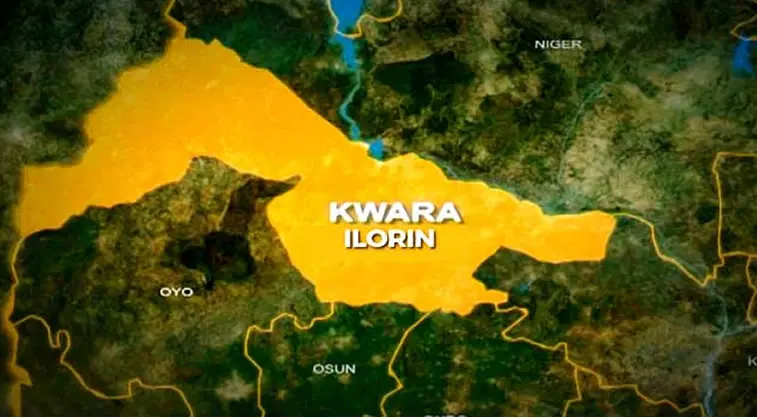With a career that stretches across banking, academia, governance, and consultancy, few public figures in Kwara politics can boast the kind of blended experience that [Candidate’s Name] brings to the table. For him, however, the journey isn’t about slowing down — it’s about stepping up.
Having worked nearly 10 years in the private sector with GTBank and other financial institutions in the 1990s, he transitioned into academia and governance, leaving his mark on the establishment of Kwara State University (KWASU) in 2009. As founding Director of its Centre for Entrepreneurship and later Dean of the School of Business and Governance, he pioneered programmes that married business education with governance studies — an uncommon blend in Nigeria’s public universities.
His trajectory extended beyond the classroom. In 2015, he spearheaded reforms at the Kwara Internal Revenue Service (KWIRS), introducing people, process, and technology reforms that expanded the state’s internally generated revenue from ₦7.2 billion to ₦30 billion within four years — without raising taxes.
Now, as he seeks to represent Kwara South Senatorial District under the PDP in 2027, his motivation is rooted in what he calls a “disconnect” between leaders and citizens.
“Our people are suffering in silence, trapped in poverty and insecurity,” he says. “Representation has become absentee leadership. I want to bring empathy, presence, and accountability back to Kwara South.”
For him, zoning matters too. With the Ibolo axis already holding the Senate seat for 12 years, he believes it is the turn of the Igbomina people, where he traces his roots.
But beyond ethnic balance, he emphasizes his 36 years of combined experience across sectors as the real offering. He envisions a Kwara South agenda anchored on peace, progress, and prosperity through community-driven development, entrepreneurial empowerment, and policy continuity.
His political stance is also nuanced. While critical of the Otoge Movement that displaced the Saraki-led PDP government in 2019, he sees it as a moment of political opportunism that ultimately backfired.
“The Otoge Movement was never about the people; it was about power. Today, many of its champions are in disarray. But lessons have been learnt,” he reflects.
Interestingly, his service on President Tinubu’s Presidential Committee on Fiscal Policy and Tax Reform shows his ability to distinguish governance from partisan politics.
“Politics divides, governance unites,” he insists. “Whenever your expertise is needed to serve the people, you step forward, regardless of political alignment.”
For Kwara South, his pitch is straightforward: tested leadership, proven results, and a vision that looks beyond survival politics to systemic growth.
“This is not just about hope. It’s about actionable agendas that will resonate with the people and transform their lives,” he concludes, confident that 2027 will mark a turning point for the district.

